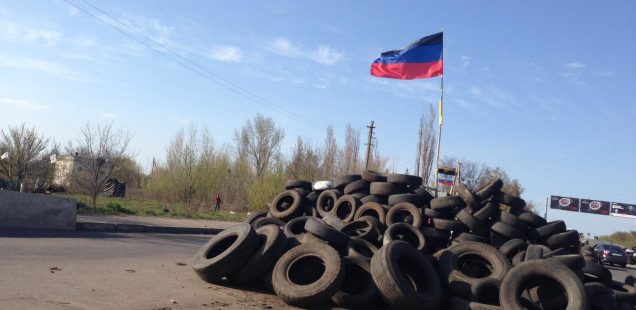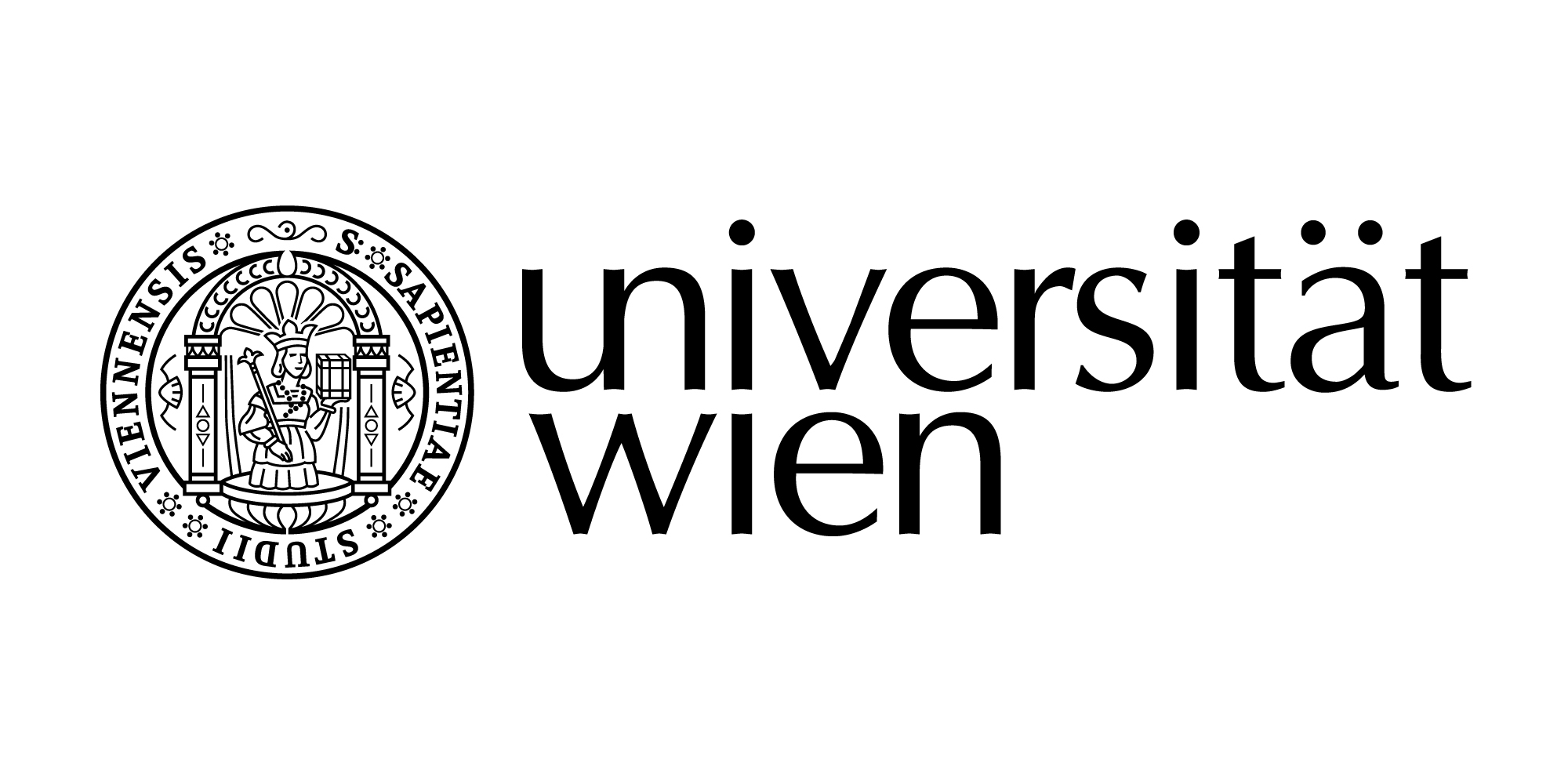
The puzzling logic of Russia-Ukraine standoff and its consequences for European security
The gnawing anticipation of war between the two largest countries in Europe, Russia and Ukraine, has recently reached the rest of the continent. Overflowing media frontpages, it spilt into people’s daily routines. Apparently, it is common to have a war-related plan now, even when living under NATO’s ironclad wing (or its formidable shadow). A Slovak acquaintance mentioned to me that he keeps his gasoline tank always full, “just in case,” because “we never know when they gonna come, do we?” Some friends from the UK are elaborating an emergency scenario to evacuate relatives from Southern Ukraine in time, if things get out of hands there. An Austrian colleague anticipates, with a weighty pinch of dark humour, how his international expertise would become more sought-after, if the war eventually broke out. Since anticipations and routines have the tendency of turning into self-fulfilling prophecies, it is important now, perhaps more than ever, to take a step back and rise above the moment to scrutinize yet again the strange logic of the unfolding standoff. Incidentally, that logic seems rather puzzling.
First, as Russia’s high officials repeat insistently, the main reasons for ramping up Russia’s preparations for war are related to Article 3 of the OSCE’s Code of Conduct, which the West has allegedly violated. Article 3 defines European security as “indivisible,” and maintains that OSCE Member States “will not strengthen their security at the expense of other States.” However, if this is the crux of the matter, as Russia insists, why act on it now, as opposed to one, two, or better eighteen years ago, when NATO first reached Russian land borders with its 2004 enlargement?
Second, NATO’s open door membership policy that allegedly contradicts the indivisibility principle, as Russia interprets it, has been a thorn in Russia’s side for decades. Ever since the reunification of Germany, when Mikhail Gorbachev was given verbal guarantees that NATO would not expand eastwards, Russia insisted that the open door policy was a threat to its security. Failing to deliver on its verbal promise, NATO remained committed to the open door principle, consistent with its understanding of sovereignty. Why place the same demand that has not been met for 30 years, adding an even less feasible request to end all military deployment in Europe that happened after May 1997? Why single out Ukraine, if its chances to join NATO today are much slimmer than before 2014 (since Ukraine can now invoke Article 5 the minute it joins the organization)?
Third, why make a show out of it, moving troops in broad daylight, so that every civilian with a smartphone could film it? Recent history shows that, when Russia plans an offensive, little green men (or ‘polite people’, as they are known in Russia) can be a bit less conspicuous than that.
Finally, Russia’s political regime has been attuned ideally by its ruling elites to provide the latter with the best of two worlds: (1) the possibility to extract enormous corruption rents at home, manipulating the broken domestic institutions; and (2) the possibility to move the acquired assets (as well as families) to countries where their ownership rights could be always protected by law, regardless of their political loyalty. (Hotel & Palais Strudlhof in Central Vienna, belonging to the family of a top party official from Moscow is a good case in point). People engaged in such practices constitute the essential circle of loyalty for the Kremlin. Why risk losing their support and provoking resistance by starting a war that would surely cut them off from their beloved assets and lifestyles?
One logical explanation could be that Russia did not plan to start a war. Instead, wearied with prolonged exclusion and neglect, and the lack of progress on the issues it deems important, Russia decided to use the means that were available to make itself heard and listened to. To combat demoralizing isolation, it first needed to amass troops along the Ukrainian border. Then, the narrative could be heated up on the tightly controlled Russian television and supplemented with a list of unrealistic demands addressed to the collective West and NATO. Importantly, the unattainability of Russia’s main demands was obvious to all involved actors (including those, who formulated them). Yet, so long as the perception of Russia’s threat remains believable, relaunching a dialogue on secondary issues, while rejecting the primary ones, should seem a sensible option for NATO. By choosing it amidst a security crisis, they look uncompromising yet reasonable at the same time.
If this indeed was Russia’s main rationale, the move has been partially successful. Having received a decisive ‘no’ in response to its ‘primary’ demands, it not only stole the global political scene, but also ensured that the talks on secondary issues between Russia and NATO would resume. Russia and NATO will likely discuss again the questions of short- and intermediate-range missiles, the relocation of future military exercises away from the common borders, and the allowable approach distance for warships and warplanes, among other related matters.
The problem, however, is that, by promoting its narrative and raising the stakes, Russia triggers two inevitable reactions that may backfire. First, now Ukraine and other countries neighbouring Russia want to join NATO stronger than ever before, while NATO’s eastern members are seeking to increase NATO’s presence. These developments feed into the very heart of the Russian narrative about OSCE Member States dividing security and increasing their own safety at Russia’s expense. Thus, Russia ends up in a discursive deadlock, where it either has to own its argument, or conceive an elaborate way out. Second, Russia’s recent actions are a real treat for NATO. After 30 years of a serious, if not existential, crisis, triggered by the sudden disappearance of its nemesis in 1991, NATO regained a clearly identifiable external Other. This brings a reconfirmed sense of purpose, tangible societal demand, increasing financial flows, intensifying activities in true-to-life combat conditions, etc. For a large militarized bureaucratic organization with its own bureaucratic rationality and possibilities for further expansion, the current climate of confrontation, if carefully managed, is not a predicament, but a blessing (hence relatively harsher written responses Russia received from NATO, compared to those from the US).
Finally, preoccupied with the big picture and global strategic manoeuvres, we should never forget what devastating impact this leaves on the daily lives and worldviews of regular people in Ukraine. Russia may have partially achieved what it wanted strategically, despite the still looming and tangible escalation risks, but Ukrainians are unlikely to forget this any time soon.
Source: https://commons.wikimedia.org/wiki/File:Sloviansk_standoff_-18-20_April_2014-_05.jpg / Fotograph: Aleksandr Sirota / licence: https://creativecommons.org/licenses/by-sa/3.0 / No changes made


